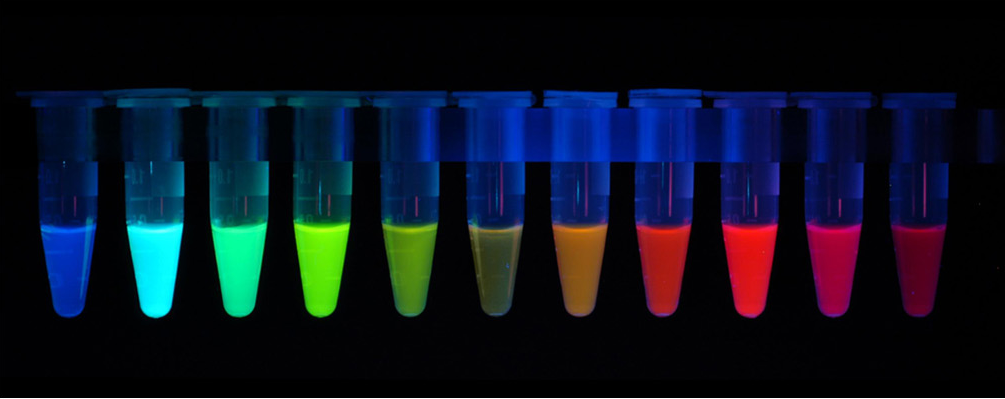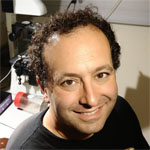Most of you have probably heard about Science Debate 2008, an effort “to restore science and innovation to America’s political dialogue” by having the candidates discuss pressing issues in science. Since Obama and McCain won’t have an actual debate, the organizers of this effort have posed 14 questions (culled from 3,400 submissions from the community).
Obviously this is a well intentioned effort. And I’ll have more to say about Obama’s and McCain’s answers once I read them. But I wanted to look at the questions before I looked at the answers. And my first impression is, “Man, these are lame questions.” I have several problems:
1. The questions are all obvious and overly general. They basically call on the candidates to say “Rah Rah Science!” And yes, I understand that, sadly, in this climate it’s important for presidential candidates to actually stand up and say “I support Science.” But still, I wish they’d asked them more difficult and more specific questions.
2. Many of the questions aren’t really about science. For example:
Climate Change. The Earth’s climate is changing and there is concern about the potentially adverse effects of these changes on life on the planet. What is your position on the following measures that have been proposed to address global climate change—a cap-and-trade system, a carbon tax, increased fuel-economy standards, or research? Are there other policies you would support?
Whether the president supports a carbon tax, cap-and-trade or increase fuel-economy is a political question about which science is neutral. Now scientists may have an opinion on this. But Science only tells us that the planet is warming and that we need to do something to reduce carbon emissions now. It says nothing about how we should do that. To conflate these two issues is a huge mistake that only serves to foster the idea that science somehow favors different political solutions to our problems, which in turn undermines politician’s and the public’s sense that science is neutral.
3. They avoid controversy and controversial questions.
Why pussyfoot around the important question of the day? Where’s “Do you believe that the release of CO2 from human activity is dangerously warming the planet?”
And hello, evolution anyone? Can there be a more important topic to ask about? Not because evolution is so important relative to other aspects of science. But rather because the assault on evolution is a direct assault on science. And our failure to defend evolution is one of the major reasons Americans do not believe in science.
Here are some questions I would have asked just off the top of my head:
1. Much has been written about declining public understanding of and belief in science. Why do you think this has happened, and what would you do about it?
2. Do you believe in evolution, and what are you going to do as president to make sure that it is taught in schools. For example, would you support legislation requiring that schools receiving federal funding teach evolution, including human evolution, in their high school biology classes?
3. What do you think is the appropriate balance between basic and applied research, and how would this be reflected in your budgets and agency appointments?
4. Fewer and fewer of our brightest young students are going in to careers in science. Why do you think this is and what will you do about it?
5. Many of the important questions you will face as president will involve or be potentially informed by science. What will you do to insure that you receive unbiased and unvarnished advice from scientists studying the issues of the day?
6. The reception of many important scientific issues – from evolution to stem cells to global warming to human genetics – has become highly partisan. What will you do as president to have policy decisions made on the basis of a commonly agreed-upon set of scientific facts?
7. Human genetic research is advancing at breakneck speeds and having an increasingly important impact on the diagnosis, treatment and prevention of disease. As genetics increasingly enters daily life, there have been calls to place limits on research and on the kinds of genetic knowledge that are available to the public. What would you do as president to make sure that we effectively confront the ethical issues raised by human genetics without slowing down its progress.
8. To promote public faith in genetic testing, would you agree to have your genome sequenced and made freely available online?
(These last two are issues that are perhaps of more interest to me than the general scientific community – but if I’m getting a chance to grill the next president…):
9. The Bayh-Dole act is very popular in Washington, but many scientists (ok, at least me) are concerned that it has overly blurred the line between academic and commercial research, that it has created needless obstacles to the exchange of research material amongst scientists and that it inhibits rather than promotes the commercialization of government-sponsored research.
10. Along the same line, what steps would you take to ensure that the public has access to and benefits from the results of Federally funded research?
UPDATE: Dr. Free-Ride felt the same way. She has her own list of great questions for the candidates.


 I'm a biologist at UC Berkeley and an Investigator of the Howard Hughes Medical Institute. I work primarily on flies, and my research encompases evolution, development, genetics, genomics, chemical ecology and behavior. I am a strong proponent of open science, and a co-founder of the
I'm a biologist at UC Berkeley and an Investigator of the Howard Hughes Medical Institute. I work primarily on flies, and my research encompases evolution, development, genetics, genomics, chemical ecology and behavior. I am a strong proponent of open science, and a co-founder of the 